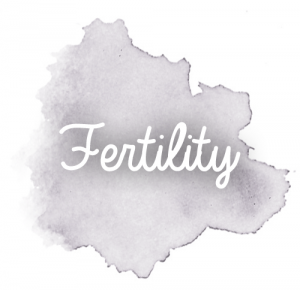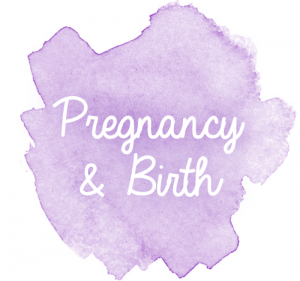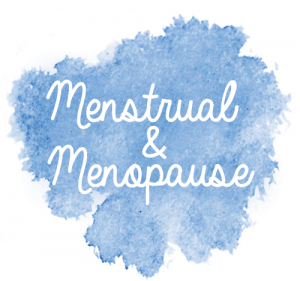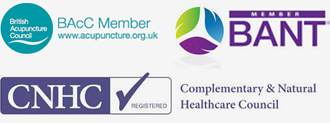
Acupuncture For Fertility and Pregnancy Support
Acupuncture is a fantastic therapy for fertility and pregnancy support. Many of my patients will have acupuncture before or during their IVF treatments.
I also use acupuncture to balance hormones and improve cycle regularity, help ovulation, support follicle development, improve egg quality and increase blood flow to the womb lining.
What Else Does Acupuncture Help With?
Research shows acupuncture is a fantastic therapy for pregnancy and fertility support. But many patients also choose acupuncture to help back and joint pain. Or to recover from operations or injuries.
I also use acupuncture to relax and reset the nervous system. I find it has a deeply calming effect. And is a wonderfully supportive natural tool for anxiety, insomnia and depression.
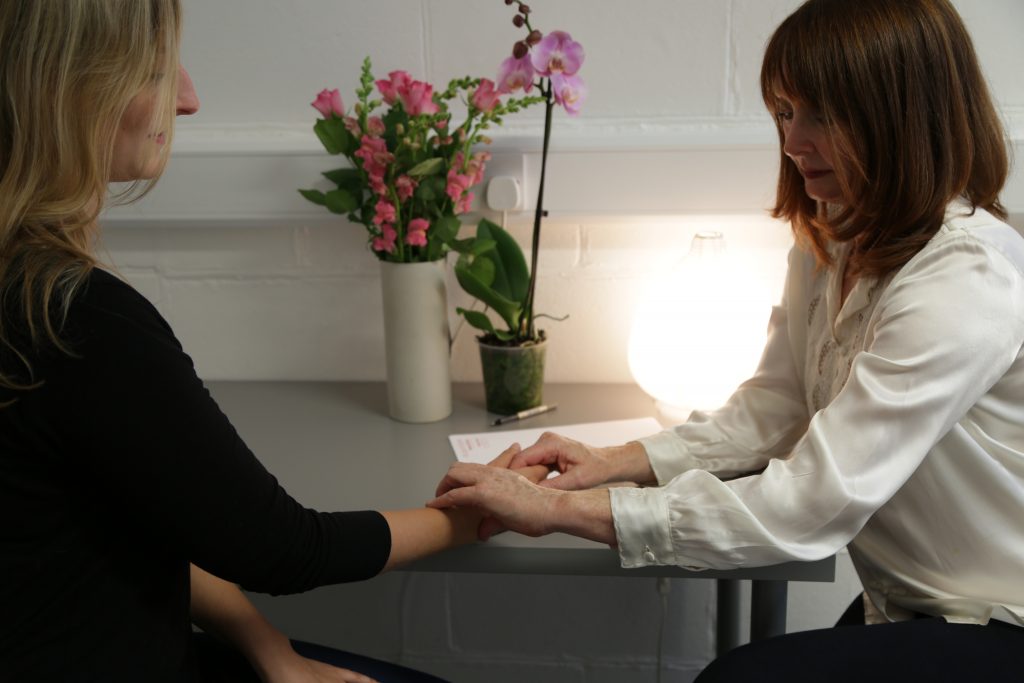
Conditions which can flare up due to stress like IBS, heart burn, psoriasis, eczema often improve with a short course of acupuncture.
How Does Acupuncture Work?
Acupuncture works by stimulating fine lines of electricity which flow along the connective tissue throughout the body.
Acupuncturists can access this flow of electricity via needles inserted at acupuncture points. The points, also known as ‘men’ or ‘gates’ run along the main acupuncture channels or meridians.
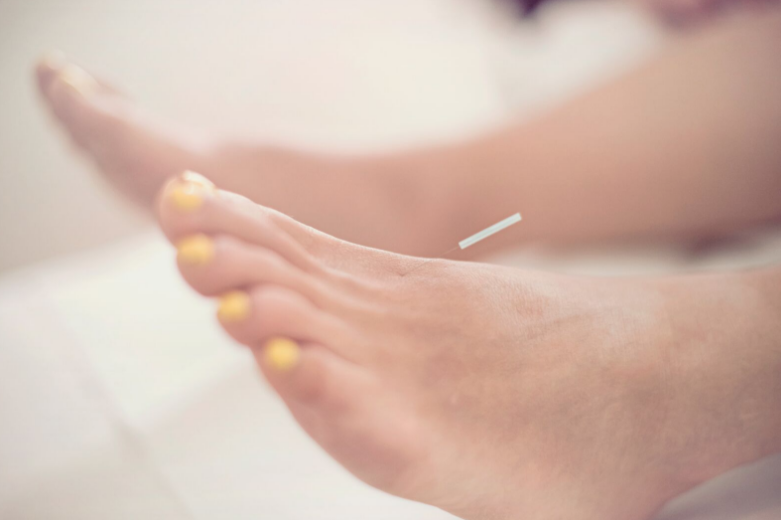
The needles increase the electrical charge at key points along the channels.
Where Does Acupuncture Come From?
Acupuncture has a growing reputation as a leading holistic therapy and has an impressive 2,500 year track record to draw from.
The origins of acupuncture are deeply rooted in Chinese antiquity. Modern day acupuncturists still use many of the same acupuncture points that were mapped out thousands of years ago.
Each school of acupuncture or family practice had there own style and specialism and passed their knowledge down from one generation to the next.
Then in the 1950’s Chairman Mao edited and ‘westernised’ the family knowledge into what is today known as Traditional Chinese Medicine or TCM.
Although many other styles and traditions of acupuncture have developed alongside TCM still co-exist throughout Asia in Taiwan, Japan and Korea and elsewhere.

